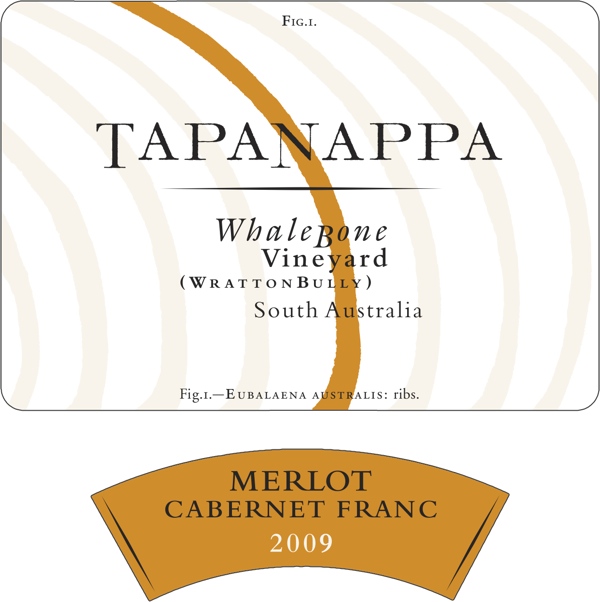2009 was a wonderful cooler vintage at Tapanappa’s Whalebone Vineyard.
2009 was very similar to 2004 and wines of these vintages have the refined structure and delicate aromatics of a cooler vintage.
2009 Tapanappa Whalebone Vineyard Merlot Cabernet Franc has floral and briary aromas attributable to Cabernet Franc combined with the plum-sauce aromas of cool grown, fully ripe Merlot.
The flavours are intense but refined with the freshness and vibrancy of Cabernet family blackcurrant and spice accentuated by the smoky and minty hallmarks of the Whalebone terroir.
The most endearing aspect of this cool vintage wine is the beautiful and significant tannin structure folding into an even mouth coating savoury finish.
2009 was a great vintage at the Whalebone Vineyard and the wine will reward cellaring for at least two decades.
This wine “is a pure expression of the unique terroir of the Whalebone Vineyard.”


